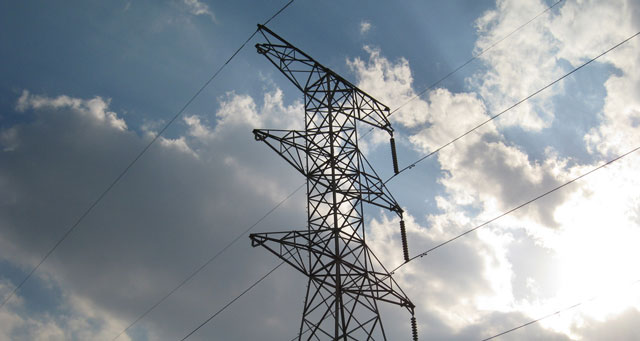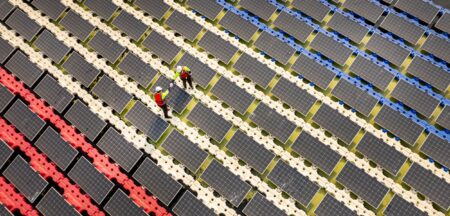
Failure to get the R22,8bn Eskom wants to recover in its application to the National Energy Regulator of South Africa (Nersa) will weaken the power utility’s balance sheet and worsen its financial ratios, Eskom finance director Anoj Singh said on Wednesday.
Eskom has submitted a so-called Regulatory Clearing Account (RCA) application to Nersa for the 2013/2014 financial year, the first year of the Third Multi-Year Price Determination (MYPD) period.
The RCA is a backward-looking mechanism that seeks to reconcile what Nersa awarded Eskom on the basis of what was forecast in the MYPD and what materialised, as reflected in the utility’s financial statements. Nersa’s decision on the application could impact future electricity prices, Eskom said.
Singh said approval of the application would improve Eskom’s ability to meet financial commitments and has the potential to improve its balance sheet. He said a negative response from Nersa would put Eskom under financial strain.
The bulk of the R11,7bn of the R22,8bn is due to a variance in revenue. Eskom attributed the revenue shortfall to lower than expected electricity demand. It also wants to recover R8bn of the costs associated with its open cycle gas turbine (OCGT) plants.
Eskom’s Ankerlig and Gourikwa plants are meant to offer additional capacity during peak demand. The power utility said in the period covered by the application it had to run the expensive plants because of the constrained electricity system and poor power station performance. The OCGT plants, which are expensive to run as they use diesel, were used as a last measure to avert load shedding.
Eskom wants to recover R2,4bn for “other primary energy”, which Singh said related to coal, and R2bn for coal burn.
However, Singh said the company is not applying for revenue lost because of load shedding. “The lost revenue impact of any load shedding (in 2013/2014) has been calculated and does not form part of this application even though load shedding was minimal in that period,” Eskom said.
On the other hand, there was an underspend of about R2bn because in 2013/2014 the net energy position changed from an assumed net import situation to a net export position. This was due to lower imports from Cahora Bassa, Mozambique.
In the year, exports also rose because of higher demand from other countries in Southern Africa.
The application is subject to Nersa’s review, analysis and approval. The regulator will assess the variances for prudence. — Fin24




